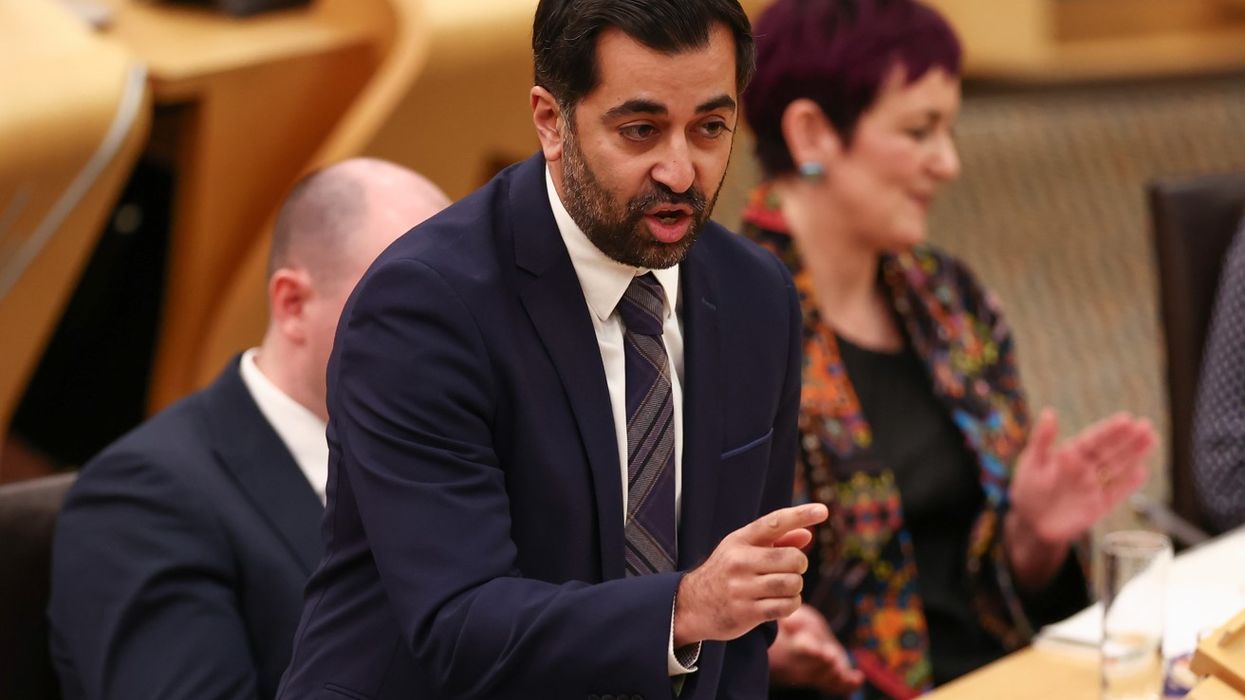Scotland's first minister, Humza Yousaf, is encountering a rebellion within the SNP regarding proposals to eliminate juries from rape trials.
Six SNP (Scottish National Party) MSPs, including former finance secretary Kate Forbes, abstained from backing the Victims, Witnesses, and Justice Reform (Scotland) Bill during its initial parliamentary approval.
Among the nationalist rebels were Kate Forbes, the former finance secretary, and 61 other MSPs who abstained from voting on the legislation, reported The Times.
While this allows the bill to advance to the next stage of parliamentary scrutiny, the narrow margin of only 60 MSPs voting in favour serves as a warning to the government.
The bill aims to remove the "not proven" verdict from Scotland's legal system and implement judge-only trials for sexual offence cases.
Critics argue that the not proven verdict can confuse juries and fail to provide closure for victims, the newspaper reported.
Despite support from charities like Rape Crisis Scotland, plans for juryless trials have sparked controversy, with concerns about potential miscarriages of justice.
Several SNP MSPs, including Ivan McKee, Michelle Thomson, Fergus Ewing, Annabelle Ewing, and Christine Grahame, abstained from voting on the bill.
These MSPs previously supported Kate Forbes in her leadership bid within the SNP. Legal experts, including Stuart Munro of the Law Society of Scotland, have cautioned against the proposed changes, citing potential unintended consequences and miscarriages of justice, The Times reported.
Justice Secretary Angela Constance has suggested exploring a panel system for the pilot scheme, involving lay members alongside judges in rape cases. However, retired judges, including Lord Hope of Craighead and Lord Uist, have voiced opposition to the bill.
Despite initial recommendations from Lady Dorrian, the Lord Justice Clerk, the backlash from legal professionals indicates growing concerns about the proposed reforms.
The bill also includes provisions to reduce jury size to 12 people and require a two-thirds majority for a guilty verdict, which some consider unnecessary.
The parliamentary committee has supported abolishing the not proven verdict and will scrutinise the legislation further before its final vote.
Any continued dissatisfaction from SNP rebels could lead to a stronger opposition to the bill during its final parliamentary stage.





